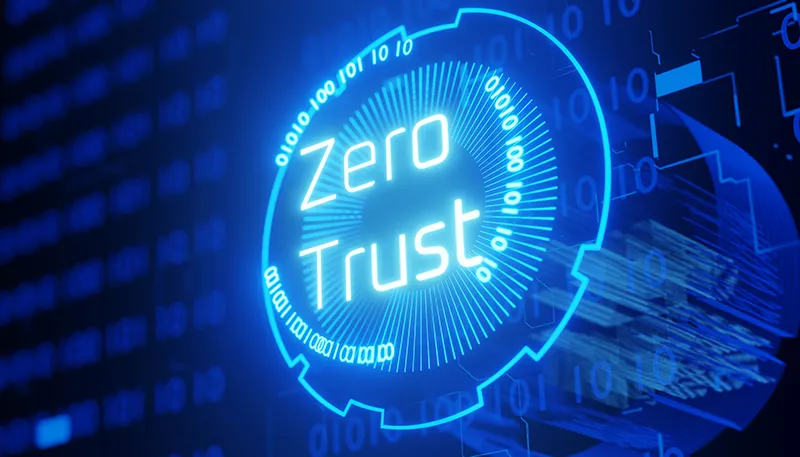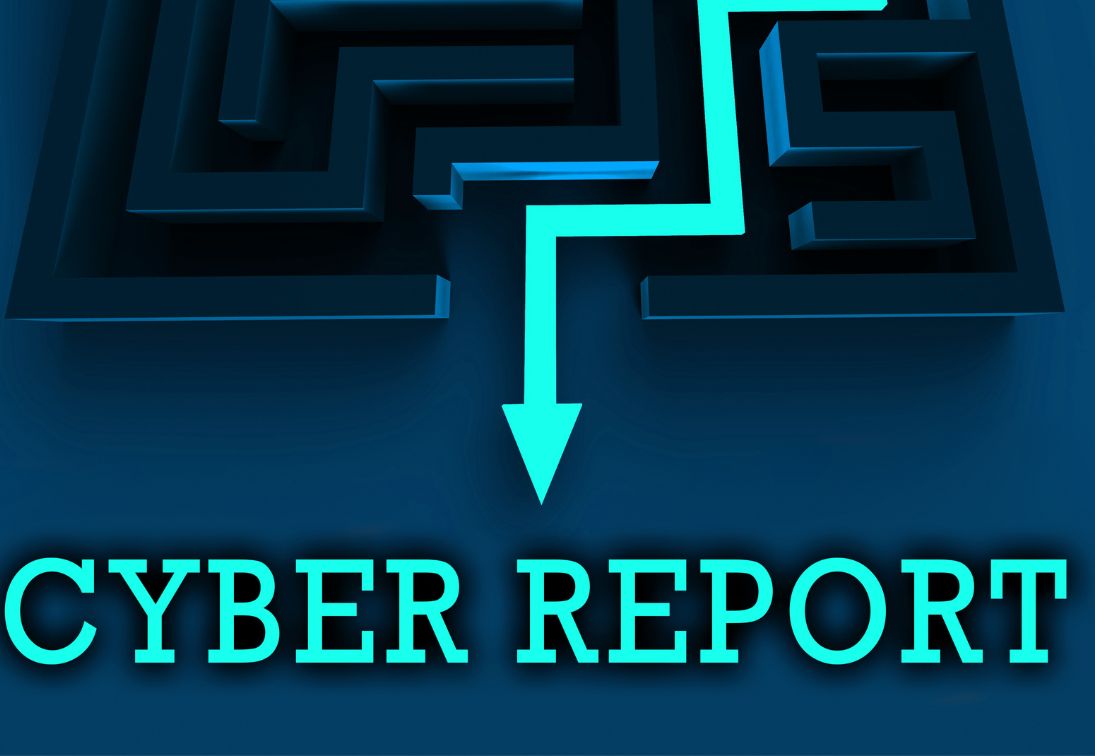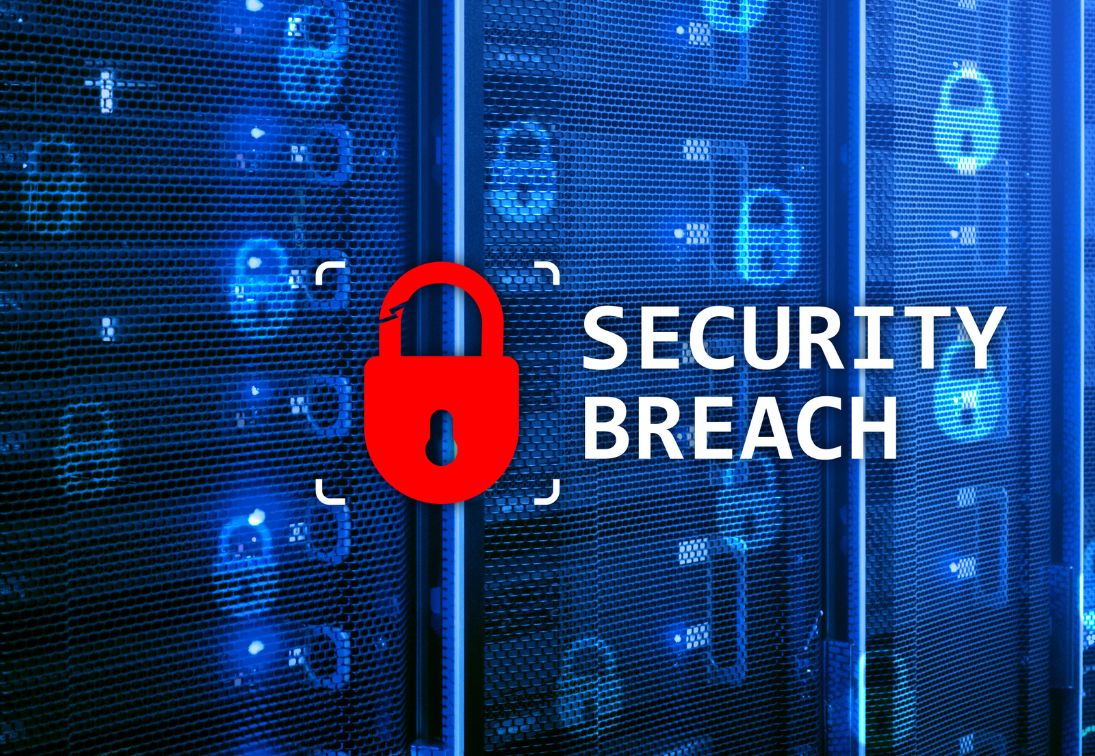אירוח מערכות ונתונים :מבוא
בעידן הדיגיטלי, יותר ויותר ארגונים בוחרים בשירותי אירוח (Hosting) כבסיס לתשתיות ה-IT שלהם – פתרון שמבטיח גישה יציבה, גמישה ובטוחה לסביבת עבודה מקוונת.
אבל שאלה מהותית עולה שוב ושוב: מי נושא באחריות על המידע? האם זו אחריות הספק? הלקוח? או שניהם יחד?
אבל שאלה מהותית עולה שוב ושוב: מי נושא באחריות על המידע? האם זו אחריות הספק? הלקוח? או שניהם יחד?
כדי להשיב על כך, חשוב להבין מהם סוגי שירותי האירוח הקיימים, ואיך מתחלקת האחריות בכל מודל.
סוגי שירותי האירוח – ומה ההבדל ביניהם?
שירותי Hosting מאפשרים לארגונים לשכור משאבי מחשוב – שרתים, אחסון, קישוריות ותשתיות – מספק חיצוני, במקום להקים ולתחזק אותם בתוך הארגון.
הסוגים הנפוצים כוללים:
- Shared Hosting (אירוח משותף): מספר לקוחות חולקים את אותם משאבי שרת.
- Dedicated Hosting (אירוח ייעודי): כל לקוח מקבל שרת פיזי ייעודי.
- VPS (Virtual Private Server): שרת פיזי המחולק למספר שרתים וירטואליים מבודדים.
- Cloud Hosting (אירוח בענן): הקצאת משאבים דינמית לפי צריכת הלקוח.
- Colocation: הלקוח מביא את השרתים שלו והספק מספק את התשתיות (חשמל, קירור, רשת).
לכל אחד מהם מאפיינים שונים של שליטה, אחריות וניהול, ויש להבין זאת היטב לפני בחירה.
מי אחראי באמת על הנתונים?
בניגוד לסביבת ענן ציבורית שבה יש מודל אחריות משותפת (Shared Responsibility Model), בשירותי Hosting חלוקת האחריות משתנה בהתאם לסוג השירות.
אחריות הלקוח:
- ניהול ואבטחת המידע: ההגנה מפני דליפות, תקיפות סייבר ושימוש לא מורשה – באחריות הארגון.
- עמידה ברגולציות: כולל תקנים כמו GDPR, ISO 27001, חוק הגנת הפרטיות, PCI-DSS.
- גיבויים ושחזור מידע: אלא אם נרכש שירות מנוהל – האחריות על גיבוי המידע חלה על הלקוח.
- בקרת גישה והרשאות: ניהול משתמשים, סיסמאות, MFA ומדיניות גישה – אחריות פנימית של הארגון.
אחריות ספק האירוח:
- תחזוקת תשתיות: זמינות חומרה, פתרון תקלות, חשמל, קירור, חיבוריות – בהתאם ל-SLA.
- אבטחת רשת וחומרה: ניטור איומים פיזיים והגנה על המרכזים.
- עדכוני חומרה וגיבוי חשמל: אחריות לתקינות הסביבה.
- שירותי גיבוי (אם כלולים): רק אם נחתם חוזה הכולל זאת במפורש.
חשוב להבין: גם אם ספק האירוח מספק תשתית מתקדמת, הבעלות על הנתונים והאחריות המשפטית – נשארות בידיים שלכם.
איך מוודאים שהמידע באמת בטוח?
ניהול סיכונים ואבטחת מידע בסביבת Hosting מחייבים גישה יזומה, מודעת ומעודכנת:
- הצפנת מידע רגיש – בתעבורה ובמנוחה (TLS, AES).
- בחירת ספק אמין – עם תקנים ברורים, שקיפות ו-SLA מחייב.
- ניהול הרשאות מתקדם – שימוש ב-MFA, RBAC, ניהול זהויות מקצועי.
- אסטרטגיית גיבוי ברורה – כולל תרחישי שחזור, תדירות בדיקות, ואחסון באזורים נפרדים.
- ניטור ובקרה רציפה – שילוב מערכות SIEM, IDS/IPS, ניתוח לוגים.
- תוכנית יציאה (Exit Strategy): כדי לוודא שניתן לעבור לספק אחר בצורה חלקה ובטוחה.
סיכום: השליטה בידיים שלכם
שירותי Hosting מעניקים לארגון גישה מהירה ונוחה לתשתיות – אבל האחריות על המידע, הציות לרגולציה, והמשכיות הפעילות – הם בתחום שלכם.
לפני שבוחרים ספק אירוח או מבצעים מעבר:
- האם קיימת מדיניות אבטחת מידע ברורה?
- האם בוצעה בדיקת התאמה רגולטורית לספק?
- האם יש לכם בקרה מלאה על הרשאות, גיבויים וניטור?
אירוח מקצועי הוא הרבה מעבר לפתרון טכנולוגי – זו החלטה אסטרטגית.ולבסוף – המידע של הארגון הוא הנכס החשוב ביותר. השאלה האמיתית היא:
איך אתם שומרים עליו?
זקוקים להכוונה מקצועית? ייעוץ אבטחת מידע לעסקים
אבטחת סייבר ו-IT – שני עולמות, פתרון אחד












